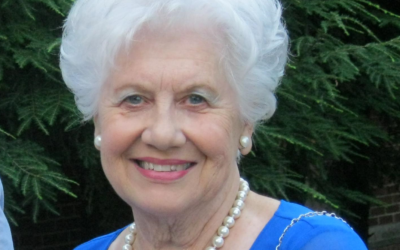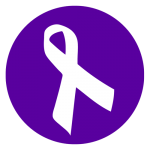
GFWC SIGNATURE PROJECT:
DOMESTIC VIOLENCE AWARENESS & PREVENTION
CHAIRMAN
Jean Pieczynski
jpie5@verizon.net
For Planning Purposes:
• January – Slavery and Human Trafficking Prevention Month
• January 11 – Human Trafficking Day
• November – Celebrate American Indian Heritage Month
• June is Elder Abuse Awareness
• April is Sexual Assault Awareness Month – wear Teal.
• Look for Teen Dating Awareness Podcasts in April.
• April is Child Abuse Prevention Month.
• October is Domestic Violence Awareness Month
Affiliates
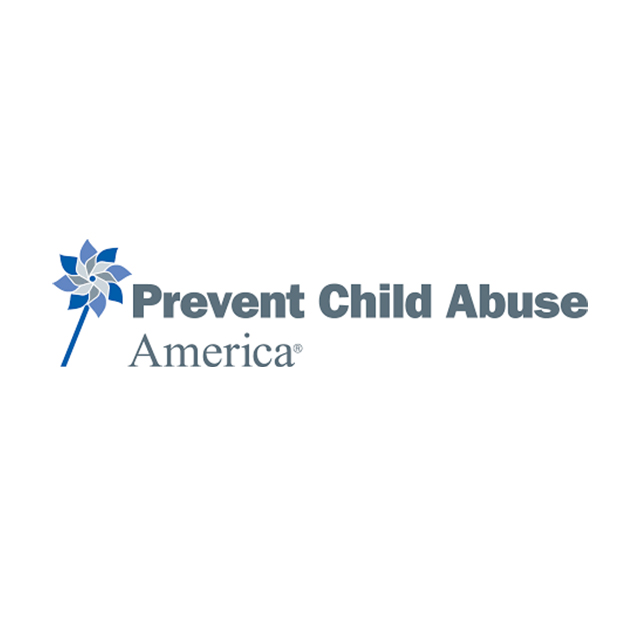
Prevent Child Abuse America is the leading national, not-for-profit organization whose sole mission is “to prevent the abuse and neglect of our nation’s children.” Prevention is defined as the abuse or neglect never occurring. The Prevent Child Abuse America national office is located in Chicago, Illinois, and its network includes 47 statewide prevention chapters.
GFWC Signature Program: Domestic Violence & Sexual Assault Awareness & Prevention (formerly GFWC Signature Program: Domestic Violence Awareness & Prevention) focuses on many aspects of abuse, sexual assault, and domestic violence. Our goal as clubwomen is to learn what we can about these issues to become knowledgeable so we may, in turn, bring awareness to our communities and encourage survivors to seek the help they need through established and professional counselors and resources.
GFWC encourages our clubwomen to share this much needed information through suggested projects and programs that bring awareness to these most serious crimes and offenses. The information that is vital to all involved is available on GFWC’s website (gfwc@gfwc.org) and includes how to recognize the issue; identify survivors and perpetrators; and provides rescue, safety and recovery information.
The categories addressed within the GFWC 2020-2022 Signature Program include: Intimate Partner Violence; Child Abuse; Teen Dating Violence; Campus Sexual Assault; Elder Abuse; Violence Against Native American Women; Military Sexual Assault; and Human Trafficking for Sexual Purposes.
HONORARY CHAIR
The Honorary Chair for the Signature Program is the Jennifer McGee, CEO, and Founder of the Starfish Project. Jenny is based out of China. She goes into brothels and rescues young women. She teaches them a skill – how to make the Starfish Project’s beautiful jewelry. Jenny will be writing articles for the Clubwoman and hopefully speaking at one of our conventions.
SUCCESS FOR SURVIVORS SCHOLARSHIPS
Since 2011, GFWC has been offering scholarships for survivors of intimate partner violence. Applicants must be enrolling in a college, university, community college, or technical school. The application has been updated and can be found in the club manual with the information on the Signature Program. The deadline for the application is February 7. Please reach out to your local shelters, counseling centers, etc.
Intimate Partner Violence
DARLENE ADAMS, ADVISOR – DARLENEADAMS@BELLSOUTH.NET
Intimate partner violence (IPV) includes physical, sexual, or emotional abuse, as well as sexual coercion and stalking by a current or former intimate partner. An intimate partner is a person with whom a person has or had a close personal or sexual relationship.
Domestic or Intimate Partner Violence happens in all types of relationships, including dating couples, married couples, same-sex couples, former or ex-couples, and couples who live together but are not married. Intimate Partner Violence happens more often among younger couples. While 24% of Intimate Partner Violence is conducted by women, 76% of Intimate Partner Violence is conducted by men. The male conducted abuse tends to be more violent, more controlling, and is more likely to require medical services or the use of a women’s shelter.
Safety is the most important concern. Those in immediate danger should call 911. Domestic violence often results in physical and emotional injuries; victims need to get medical care. Make a safety plan to leave, save the evidence, find out where to get help in the local community, talk to someone and look into a restraining order, or call a helpline for free, anonymous help.
The prevalence of domestic violence in the United States:
- (1) One in four U.S. Women experience violence by a partner at some point in her life.
- (2) On average, more than three women a day are murdered. There are Consequences of Violence.
Women who have experienced domestic violence are more likely to have the following: Have a stroke (80%), Have heart disease (70%); Have asthma (60%); Drink heavily (70%) Projects your Club can do at your upcoming Fall meetings include “Break the Silence”.
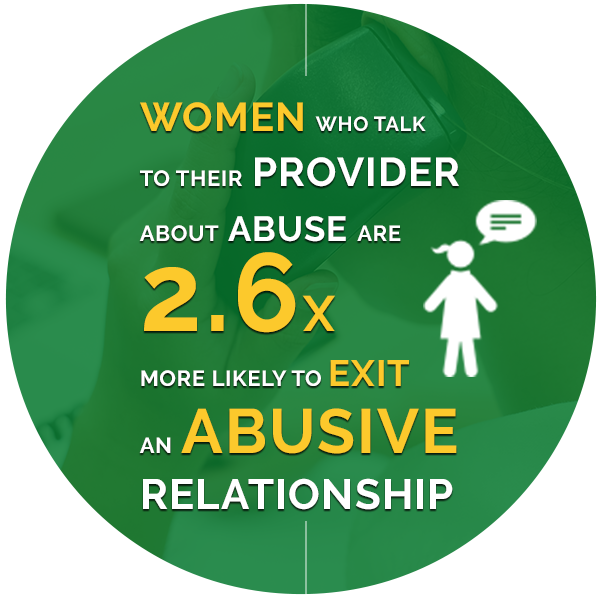

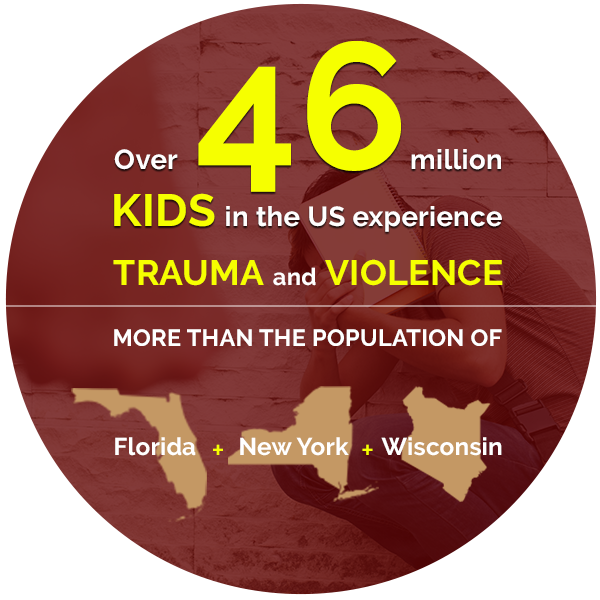
Child Abuse
TINA SMITH; ADVISOR – TISMITH12@COMCAST.NET
What is it? Child abuse includes all types of abuse and neglect of a child under the age of 18 by a parent, caregiver, or another person in a custodial role (such as clergy, a coach, a teacher) that results in harm, potential for harm, or threat of harm to a child. There are four common types of abuse and neglect:
- Physical abuse is the intentional use of physical force that can result in physical injury. Examples include hitting, kicking, shaking, burning, or other shows of force against a child.
- Sexual abuse involves pressuring or forcing a child to engage in sexual acts. It includes behaviors such as fondling, penetration, and exposing a child to other sexual activities.
- Emotional abuse refers to behaviors that harm a child’s self-worth or emotional wellbeing. Examples include name calling, shaming, rejection, withholding love, and threatening.
- Neglect is the failure to meet a child’s basic physical and emotional needs. These needs include housing, food, clothing, education, and access to medical care.
National Child Abuse Prevention Month, also known as Child Abuse Prevention Month in America, is an annual observance in the United States dedicated to raising awareness and preventing child abuse. April has been designated Child Abuse Prevention Month in the United States since 1983.
As club women, let’s all work together in April, Child Abuse Prevention Month.
How can your club help? Mentor a child and/or their family. For ideas on how to help, contact your local Prevent Child Abuse America Chapter, www.preventchildabuse.org Or how about Girl’s Inc, Girl Scouts, your local library. All have programs that need adult mentors. Who better to do that than GFWC members!!
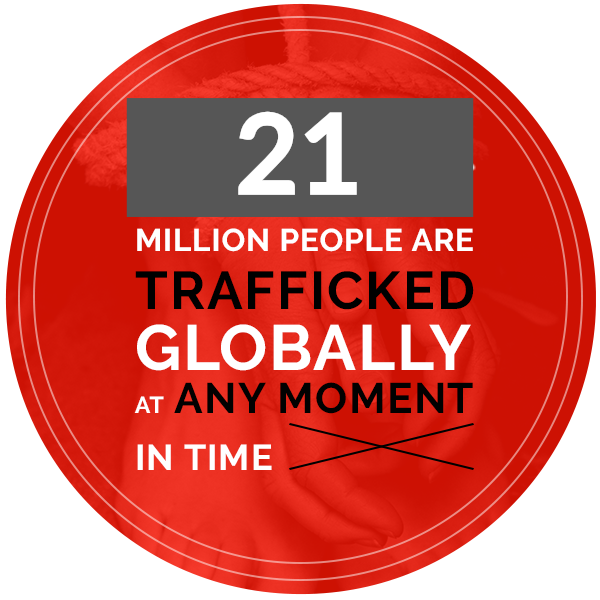
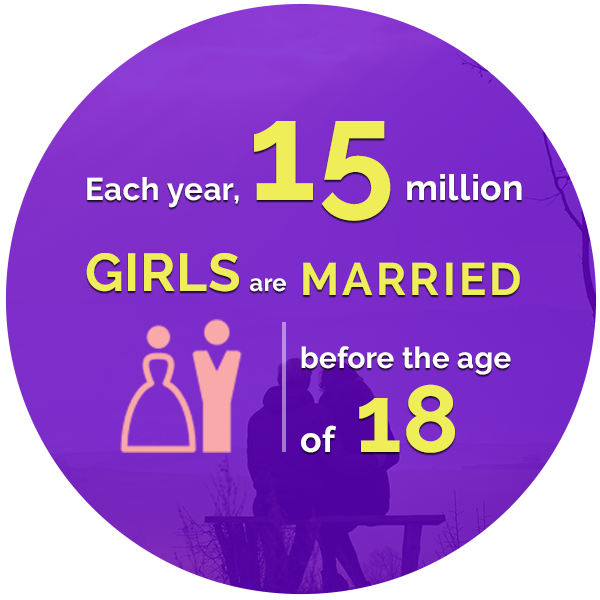
Human Trafficking
LUCINDA MARTINEZ, ADVISOR – ASKMSMARTINEZ@HOTMAIL.COM
Sexual human trafficking is any sex act that has been induced by recruitment, harboring, transportation, provision, obtaining, patronizing, or soliciting of a person for the purposes of a sex act in which anything of value is given to or received by any person. Sexual Human Trafficking is any sex act that is induced by force, fraud, or coercion, or in which the person induced to perform such an act has not attained 18 years of age. Sex trafficking is a modern-day form of slavery.
Victims of sex trafficking can be women, men, children, and LGBTQ (lesbian/gay men/bisexual/ transgender/questioning) individuals. Vulnerable populations are frequently targeted by traffickers, including runaway and homeless youth, as well as victims of domestic violence, sexual assault, war, or social discrimination. Women and children are the most common victims found to be trafficked for sex. The average age of a trafficked child is 15 years old.
Human trafficking is a horrific crime that affects an estimated 14,500 to 17,500 in the Nation according to the U.S. Department of State, involving 16,658 individual victims annually. Your club’s involvement will be critical to our educating communities and offering avenues of assistance. To raise awareness among employees, community and industry partners, and the public, we encourage clubs to provide the following materials in communities:
- January is Human Trafficking Awareness Month, participate in awareness campaigns in your community.
- Have stickers with the phone number for Sex Trafficking Hotline printed and place in bathroom stalls. Have stickers printed and maintain the stickers. Get appropriate permission first.
- Host a speaker at a meeting.
- Create large posters for restaurants, gas stations, and other public areas
- Learn the indicators of human trafficking and report suspicions to the National Human Trafficking Hotline (1-888-373-7888).
WHAT CAN GFWC DO FOR WOMEN AND CHILDREN?
- Print table tents with a reminder that October is Domestic Violence Awareness Month and provide information about services and how to access them. Distribute table tents to area restaurants and hospital cafeterias.
- Provide a display to your local library for Domestic Violence Awareness Month in October.
- Sponsor a Candlelight/Luminary Vigil during Domestic Violence Awareness Month (October). Luminaries can be designed by shelter residents and family members of domestic violence survivors.
- Assemble and donate First Night Kits (pajamas, toiletry items, clothing), Birthday Bags, or Bedtime Snack Sacks.
- Host a “Wear One, Share One” pajama party to raise funds and collect pajamas for women and children in local shelters.
- Provide support and supplies to families in need at emergency shelters
- Create Comfort Dolls out of muslin, with an attached card that says, “I am a Comfort Doll. I was made especially for you by a woman’s heart and hand who cares. When you need strength or just a smile, hold me and feel the love I send. Like me, you are unique, worthy, beautiful, and deserve all good things in life. You have the strength within yourself to be extraordinary.” Comfort Dolls – created with our hands – given with our hearts. Give them to a local shelter.
- Collect teddy bears to give to children at a child advocacy center, where children are interviewed and examined after an incident of abuse.
- Collect gently used purses and tote bags and fill them with health and beauty aids, jewelry, children’s items, and other toiletries. Present them to your local shelter.
- Donate pocket calendars and desk calendars to your local shelter to help women organize their lives.
- Donate Mother’s Day gifts to a shelter so that children can have a present to give their moms.
- Purchase holiday gifts for your local domestic violence shelter staff. Bake cookies or goodies to take to your local shelter for the employees, as well as those living at the shelter, for the holidays or the weekend.
- Donate gently used or new children’s books for a library at your shelter.
- Hold a “Bread for Bras” event. Make any special bread and sell to raise funds to purchase bras for shelter residents.
- Coordinate a “Showing and Glowing” of purple in October for Domestic Violence Awareness Month. Distribute strings of purple lights to local businesses and community members for display. Attach a card explaining GFWC’s Signature Program and your club’s participation.
“Children are the world’s most valuable resource and its best hope for the future.”
— John F. Kennedy




